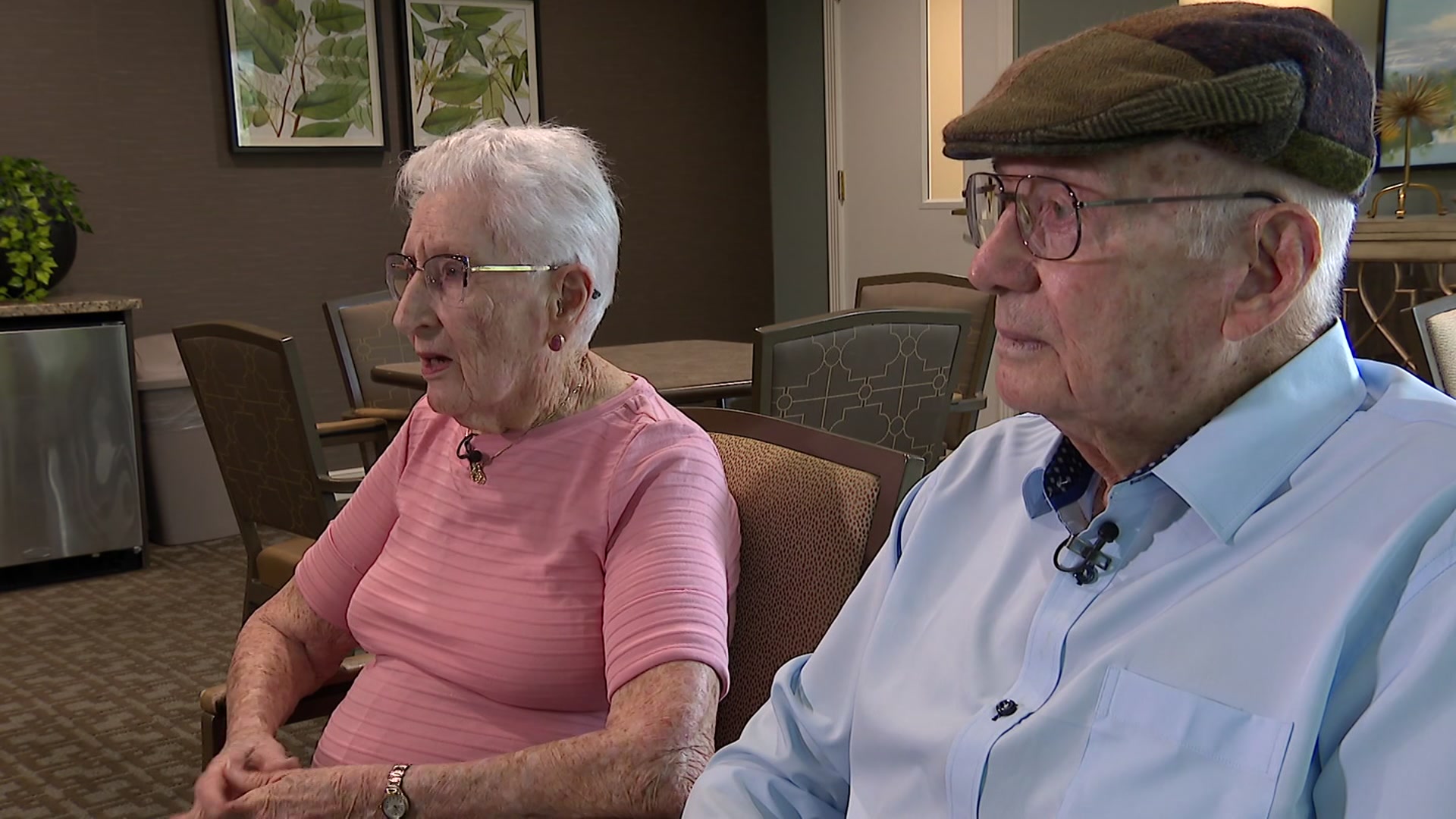
Just in time for Hispanic Heritage Month, Cara Mía Theatre begins its season with an expanded Latinidades Festival & Symposium. The fifth annual Latino theater festival begins Sept. 26, running through Oct. 13 at the Latino Cultural Center in Dallas. Featuring 11 productions, the festival includes live theatre, dance, music and poetry from Dallas, San Francisco, Miami, Barcelona, Mexico City, Bogotá, and San Juan.
The festival has a new component: “Latinidades Arts Symposium: Sustaining the Arts through Community Development.” The symposium will be held October 3 – 5 and will feature conversations about audience building, collaborations, community as a campus, working with city governments, and how funders can partner with artists and arts organizations.
The season also includes Berta Hiriart’s Tina’s Journey, running February 8-23. The season concludes July 26 with Mariachi, a new play-in-progress inspired by the oral histories of mariachi living in Texas.
Get top local stories in DFW delivered to you every morning. Sign up for NBC DFW's News Headlines newsletter.
David Lozano, Cara Mía Theatre’s Executive Artistic Director, talks about the entire season from the festival to the challenges of creating a play based on oral histories.
NBC DFW: You have expanded the International Latinidades Festival from three to 11 productions. Why did you want to add that many more productions?
David Lozano (DL): I wanted the festival to bring more artists and people together. Last year, we had the honor of touring three different productions to San Antonio, Mexico City, and Bogota and Chia in Colombia. Every stop, we were able to engage with artists and the community which was so exhilarating for all of us on tour. I knew that I wanted to create this environment in Dallas. I have always strived for our productions to be events in which people can gather and share excitement about what is taking place, not just artistically, but socially and culturally. This festival is a celebration of the diversity of our artistic, cultural, and social expressions. It is bound to excite an array of different people in Dallas and North Texas to share space, experiences, and culture.
Local
The latest news from around North Texas.
NBC DFW: Why is “Latinidades Arts Symposium: Sustaining the Arts through Community Development” needed right now?
DL: The symposium was also inspired by our touring. And every city we toured, artists discussed the challenges they faced regarding sustaining their operations and art practices yet in every city, the artists were engaging in unique community development to engage their local audiences who are our lifeblood for survival. I asked myself: what would happen if we brought artists from all over Latin America to Dallas to share their strategies about building community and audiences? And I decided to design the Latinidades Arts Symposium: Sustaining the Arts through Community Development.
NBC DFW: As an arts leader, what do you hope to learn from the conversations at “Latinidades Arts Symposium?"
DL: I expect to hear how much more deeply other artists from Dallas, parts of the United States, and Latin America are engaging with their communities. In Chicago, the Puerto Rican theater ensemble, Urban Theater Company is part of a neighborhood that identifies as a “community as a campus." This concept crystallized so much about our work as artists, engaged in a larger community. This concept illustrates how we are integral parts of the fabric of a community. We are also responsible for providing nourishing experiences for all generations of people to live productive and fulfilling lives. We are part of a local ecosystem that strives to nurture healthy individuals, families, and neighborhoods. I think that’s what I hope to learn that our work as art makers is essential, but we must learn how as artists we must embrace and fully engage community partners if we wish to sustain our work through the inevitable peaks and valleys.
NBC DFW: Is the journey in Tina's Journey physical, spiritual, or both?
DL: Tina‘s Journey is definitely a physical journey but a spiritual one. It is a play performed in traditional Mexican folk masks and contemporary theater masks, in order to create a dramatic story for families and children. The play is in Spanish with some English and subtitles. Our theater is committed to telling stories of our people who, immigrate from other countries to the United States. During our many conversations over the years, one of the recurring reflections is how one loses parts of their original identity when they arrive to United States and in the process of living here and acclimating oneself to this new country, they begin to remake themselves. That is a regular theme that resurfaces when we look at these immigration stories. Tina‘s Journey is no different although it focuses on the journey of a child who is traveling to Dallas and hopes to arrive before the days of the dead. She leaves a trail of marigold flowers so that her deceased relatives can follow her to Dallas. These relatives are performed in antique skeleton masks from Mexico and costumes that evoke tamale husks. It’s a very festive play, but Tina feels out of place culturally when she arrives to the United States. However, the cultural tradition of the Day of the Dead gives her strength and hope. It’s a beautiful story for families and children.
NBC DFW: Mariachi is based on the oral histories of mariachis in Texas. So far, what is the greatest challenge of creating a play based on oral histories?
DL: The biggest challenge in writing a play based on historical documents is that you have to create a dramatic story. Sometimes the historical research isn’t dramatic but informative or factual, but our job is to create a theatrical and dramatic production. Our work is to identify the elements of these oral histories that can comprise a successful play. Mariachi music and lyrics are extraordinarily dramatic. I’m actually interested in how the quotidian lives of people who become mariachis are transformed when they put on the suit and sing these epic songs. Honestly, that is what I think the play will be.
Learn more: Cara Mía Theatre



